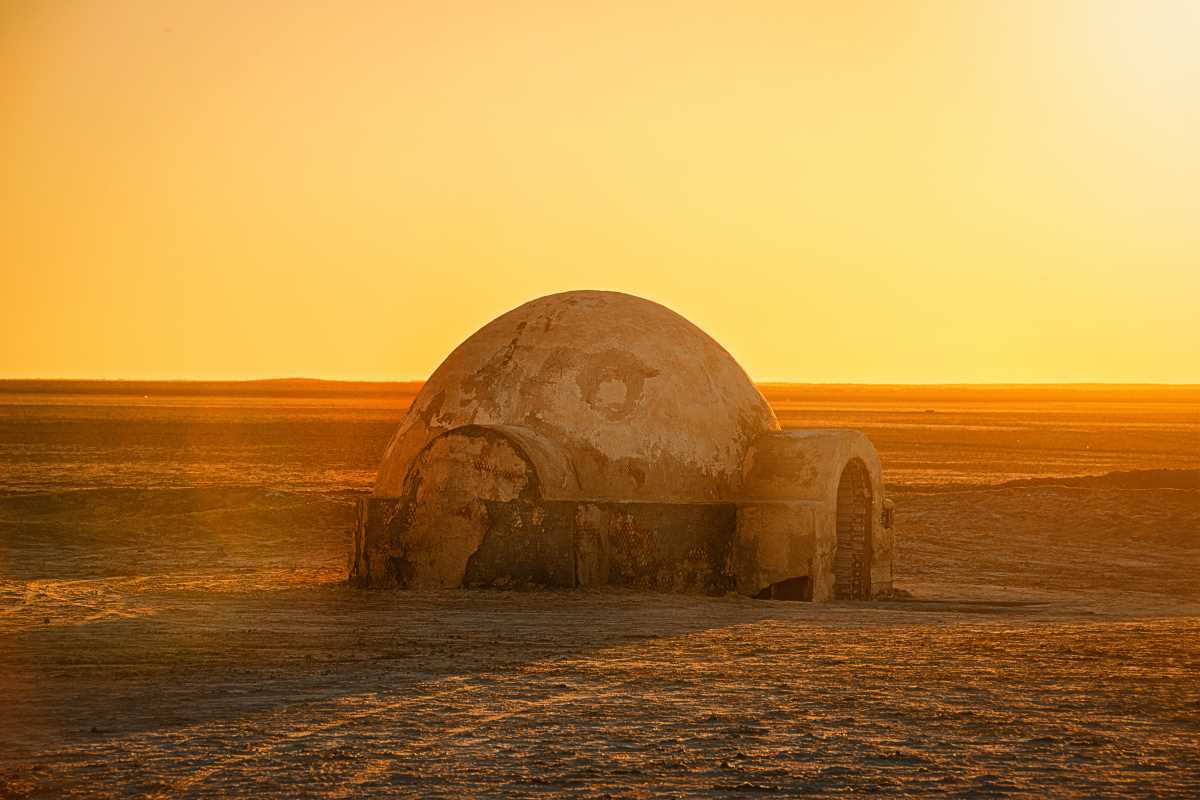Have you ever created a meme that went viral? That feeling of seeing your joke, image, or video shared across the internet by thousands, or even millions, of people is incredible. But have you ever stopped to think about who actually owns that meme and whether you could be making money from it? Welcome to the wild world of meme intellectual property (IP) rights and monetization. It might sound like a bunch of complicated legal jargon, but understanding the basics can help you protect your creations and maybe even turn your viral content into a real source of income.
What is Intellectual Property and How Does it Apply to Memes?
Let's break it down. Intellectual Property, or IP, is a category of property that includes intangible creations of the human intellect. Think of it like this: if you build a chair, that’s your physical property. If you write a song, invent a new gadget, or design a logo, the idea and the expression of it are your intellectual property. The main types of IP we need to talk about for memes are copyright and trademark.
Copyright: The Right to Copy
Copyright is the most relevant type of IP for meme creators. In simple terms, copyright gives the creator of an original work exclusive rights to it, usually for a limited time. This means you, the creator, have the sole right to reproduce, distribute, display, and make new works based on your original content.
So, if you take a photo, shoot a video, or write a clever caption, you automatically own the copyright to that specific piece of content the moment you create it. You don't have to file any special paperwork to get copyright protection; it's automatic.
Now, how does this apply to memes? It gets a little tricky. A meme is often a combination of elements. For example, the "Distracted Boyfriend" meme uses a stock photo. The photographer who took that picture owns the copyright to the image. The people who add funny text labels are creating a new, derivative work.
This is where it gets complicated. Does adding a caption give you ownership over the whole meme? Not really. The original photo's copyright holder still has rights. This is why you see big brands getting into trouble for using popular memes in their advertising without permission. They’re infringing on the copyright of the original photo or video creator.
Fair Use: The Gray Area of Memes
There's a legal concept called "Fair Use" that often protects people who use copyrighted material in memes. Fair Use allows for the limited use of copyrighted material without permission from the owner for purposes like commentary, criticism, news reporting, and parody.
Memes often fall under parody or commentary. When you add a new, transformative caption to an image, you're creating a new message. You’re not just re-posting the original image; you're using it to make a point or a joke. This transformative nature is a key argument for Fair Use.
However, Fair Use is not a free pass. It's a defense, not a right. This means if a copyright holder sues you, you would have to argue in court that your use of their content was "fair." Courts look at four factors to decide:
- The purpose and character of the use: Is it for commercial profit or for non-profit/educational purposes? Is it transformative?
- The nature of the copyrighted work: Using factual work (like a news photo) is more likely to be fair use than using a highly creative work (like a movie scene).
- The amount of the work used: Did you use a small clip or the entire movie?
- The effect on the potential market for the original work: Does your meme hurt the original creator's ability to make money from their work?
For most individual meme creators, Fair Use provides a decent amount of protection. But if you start trying to sell merchandise with a meme that uses someone else's copyrighted photo, you're entering risky territory.
So, Can You Own a Meme?
Yes and no. You can't really "own" a meme format in the broad sense. But you absolutely can own the original content that becomes a meme.
Think of "Grumpy Cat" (Tardar Sauce). Her owner owned the copyright to her photos. When other companies used Grumpy Cat's image without permission, the owner successfully sued them for copyright infringement and won a significant amount of money. Another example is the creator of "Pepe the Frog," who has actively gone after organizations that have used the character for commercial or hateful purposes.
If you are the one who took the original photo, filmed the original video, or drew the original illustration that blows up into a meme, you hold the power. You own the copyright to that source material. This means you have a legal foundation to control how it's used and to monetize it.
Monetization Strategies: How to Make Money From Your Meme
Okay, so you've created something original and it's going viral. How do you turn those likes and shares into actual dollars? Here are a few strategies, ranging from simple to more involved.
1. Licensing Your Content
This is the most direct way to make money. Licensing means you give someone permission to use your content in exchange for a fee. Companies, advertising agencies, and even TV shows might want to use your viral video or image in their campaigns.
To do this, you need to make it easy for people to find you. Put your handle or contact information (like a business email) in your social media bio. You can also work with licensing companies that specialize in viral content. They take a cut, but they handle all the negotiations and legal stuff, making the process much smoother. They actively pitch your content to potential buyers, increasing your chances of landing a deal.
2. Selling Merchandise
If you own the original content, you can plaster it on T-shirts, mugs, phone cases, and more. This is a classic monetization route for a reason: it works. When a meme has a dedicated following, fans often want a physical piece of it.
You can use print-on-demand services like Printful or Teespring. These platforms handle the printing, shipping, and customer service for you. You just upload your design, set a price, and promote the products to your audience. You earn a profit on every item sold, with no need to invest in inventory upfront. The key is to act fast while the meme is still popular.
3. Sponsored Content and Brand Deals
As your following grows because of your viral meme, brands might take notice. They may want to partner with you to reach your audience. This could involve creating sponsored posts that incorporate your unique style or humor.
For example, if your meme is about your cat, a pet food brand might pay you to feature their product in a post. The key is to find brand partnerships that feel authentic to your content. Your followers will appreciate it, and the brand will get better results. Always be transparent and disclose sponsored posts using hashtags like #ad or #sponsored.
4. Building a Personal Brand
A viral meme can be a launchpad for a larger personal brand. Don't just be a "one-hit-wonder." Use the attention to build a loyal community. Continue creating content that your new followers will enjoy. Expand to other platforms like YouTube, TikTok, or a podcast.
Once you have an established personal brand and a dedicated audience, your monetization options expand dramatically. You can create exclusive content for subscribers on platforms like Patreon, sell your own digital products like courses or e-books, or even get a book deal. The meme is your foot in the door; what you do afterward determines your long-term success.
5. NFTs (Non-Fungible Tokens)
In recent years, creators of famous memes have made millions by selling their original content as NFTs. An NFT is a unique digital certificate of ownership that is stored on a blockchain. It essentially allows someone to buy and own the "original" version of a digital file.
The creators of memes like "Disaster Girl," "Nyan Cat," and "Charlie Bit My Finger" have all sold NFTs of their work for life-changing sums of money. This is a more advanced and speculative strategy, but it shows the potential value locked inside original viral content. If you own the source file of a massive meme, exploring the NFT market could be a lucrative option.
Protect Yourself and Your Work
Whether you plan to monetize or not, it's wise to take steps to protect your original content.
- Watermark your content: A subtle watermark with your username or handle makes it harder for others to steal your work and claim it as their own. It also acts as free advertising as your content gets shared.
- Register your copyright: While copyright is automatic, officially registering it with the U.S. Copyright Office provides stronger legal protection. It’s a requirement if you ever need to sue someone for infringement in federal court. It’s a relatively simple and inexpensive process you can do online.
- Be clear about your ownership: In your social media bios and posts, make it known that you are the original creator. Use phrases like "creator of the [Meme Name] meme" and include a business email for licensing inquiries.
The world of memes moves fast, but the principles of ownership and value remain. By understanding your rights and the opportunities available, you can move from being a casual creator to a savvy influencer who gets recognized—and paid—for your unique contribution to internet culture.







